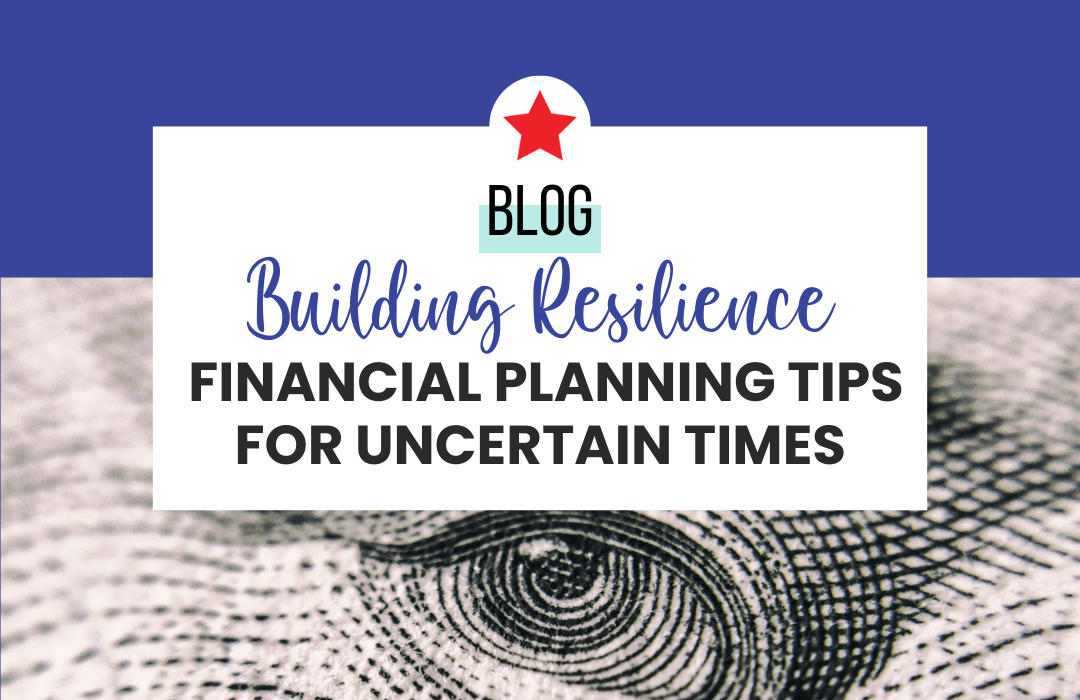The Ultimate Guide to Business Plans: How to Build a Winning Strategy for Success
A great business plan is like a well-paved road map—it charts the course for your business journey, guides you through challenges, and ensures you stay on track to achieve your goals. Whether you’re launching a startup, expanding an existing business, or seeking investment, a solid business plan is your ultimate tool for success.
Here are 10 steps (with some special bonuses) that will come in handy when improving your business.
1. Start with a Vision
Your business plan begins with your vision. What is your company’s mission? What do you want to achieve in the short term and long term? This vision forms the foundation of your strategy, so make it clear, compelling, and inspiring.
Example:
- Mission: “To revolutionize the dining experience with sustainable, locally sourced food.”
- Vision: “To be the go-to restaurant for eco-conscious diners in our city.”
By anchoring your business with a strong vision, you set a tone for everything else to follow. Your mission drives your daily operations, while your vision keeps you focused on the bigger picture.
2. Write a Captivating Executive Summary
The executive summary is the first thing investors and stakeholders will read. It’s your chance to make a powerful first impression. Summarize your business concept, target market, goals, and what makes your business unique.
Pro Tip: Keep it concise—about 1-2 pages.
Think of the executive summary as a sneak peek into your business plan. If you were pitching your idea on an elevator ride, this is the section you’d refer to. It should excite and entice readers to dive deeper into your plan.
3. Define Your Business Model
Detail how your business will generate revenue. Whether it’s a subscription service, a brick-and-mortar store, or an e-commerce platform, explain your business model and why it works for your industry.
Example:
- Revenue streams: Product sales, online orders, and catering services.
- Pricing strategy: Premium pricing for high-quality, organic ingredients.
A clear business model not only attracts investors but also helps you and your team stay aligned on how the business operates.
4. Identify Your Target Market
Who are your customers? While your target market may evolve as your business grows, knowing your audience is crucial to tailoring your product or service. Use data to describe their demographics, preferences, and spending habits.
Pro Tip: Create customer personas to visualize your ideal clients.
Customer personas can include details like age, income level, lifestyle choices, and buying behavior. This clarity ensures your marketing messages and product offerings resonate with your target audience.
5. Perform a Competitive Analysis
Understand your competitors. What are they doing well, and where do they fall short? Highlight how your business will stand out.
Example: If your competitors lack a strong online presence, your plan might include a robust digital marketing strategy to capitalize on this gap.
By analyzing the competition, you can uncover opportunities to differentiate yourself. Perhaps it’s your pricing, product quality, or exceptional customer service that sets you apart.
6. Map Out Your Marketing and Sales Strategy
How will you attract and retain customers? Detail your approach to marketing, branding, and sales, including:
- Social media campaigns.
- Email marketing.
- Loyalty programs.
Pro Tip: Include actionable goals, like “Increase Instagram followers by 25% in the first 6 months.”
Don’t forget to outline your sales process. Whether it’s online conversions or in-person interactions, having a clear strategy ensures your marketing efforts translate into revenue.
7. Develop a Financial Plan
The numbers matter. Your financial plan should include:
- Revenue projections.
- Cost breakdowns.
- Profit margins.
- Cash flow statements.
Pro Tip: Be realistic and use data to back up your projections.
Investors will scrutinize this section closely, so make sure your numbers are accurate and your assumptions are well-founded. Even for internal use, a strong financial plan helps you track progress and stay financially healthy.
8. Include an Operations Plan
Explain the logistics of running your business. From staffing to supply chain management, this section should outline the “how” of your daily operations.
Example:
- Hours of operation: 7 AM–10 PM.
- Suppliers: Local farms within a 50-mile radius.
Your operations plan ensures efficiency and consistency. It’s also a great way to identify potential bottlenecks or areas for improvement.
9. Set SMART Goals
Take a look at our last blog for a detailed guide on setting SMART goals! Define goals that are Specific, Measurable, Achievable, Relevant, and Time-bound. These keep you focused and allow you to track progress.
Example: “Achieve $100,000 in revenue within the first 12 months.”
SMART goals turn your vision into actionable steps. They provide clear targets for your team and help measure success along the way.
10. Tailor Your Plan to Your Audience
Not all business plans are created equal. If you’re writing a plan to secure funding, highlight financial returns and investor benefits. If it’s for internal use, focus on operational details and team alignment.
Consider what your audience needs to see and adapt your language and focus accordingly. The more aligned your plan is with their expectations, the more impactful it will be.
Bonus Tips for Success
- Be Flexible: Your business plan isn’t set in stone. Update it as your business evolves.
- Use Visuals: Charts, graphs, and images can make your plan more engaging and easier to digest.
- Get Feedback: Share your plan with mentors, colleagues, or a trusted consultant for input.
Why a Business Plan Matters
Think of your business plan as your ultimate success playbook. It helps you stay focused, communicate your vision, and adapt to challenges. Whether you’re presenting to investors, aligning your team, or mapping out your next big move, a winning business plan sets the stage for achieving your goals.
Our Business Plan Tool
Our Business Plan Tool helps you navigate and organize your business so you can focus on your craft. Whether you’re a first-time entrepreneur or a seasoned business owner, this tool is designed to simplify the process.
👉 Get Your Business Plan Tool Here
Get Started Today!
Building a business plan might seem daunting, but with the right approach, it’s an empowering step toward turning your vision into reality. Start small, stay consistent, and watch your strategy take shape into a blueprint for success.











